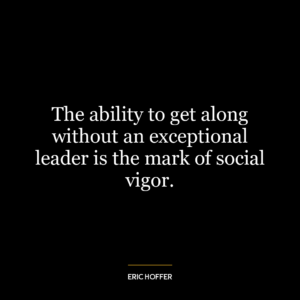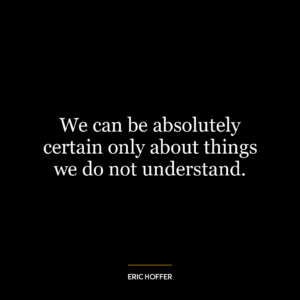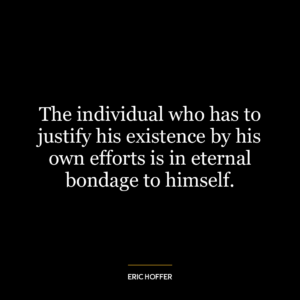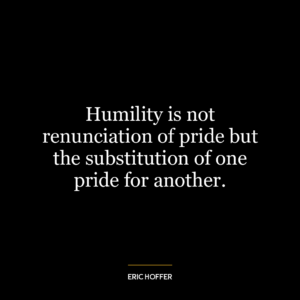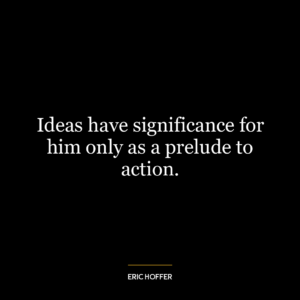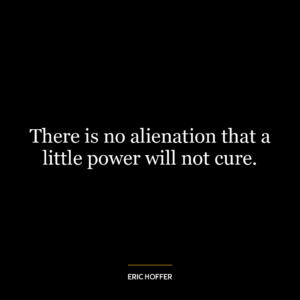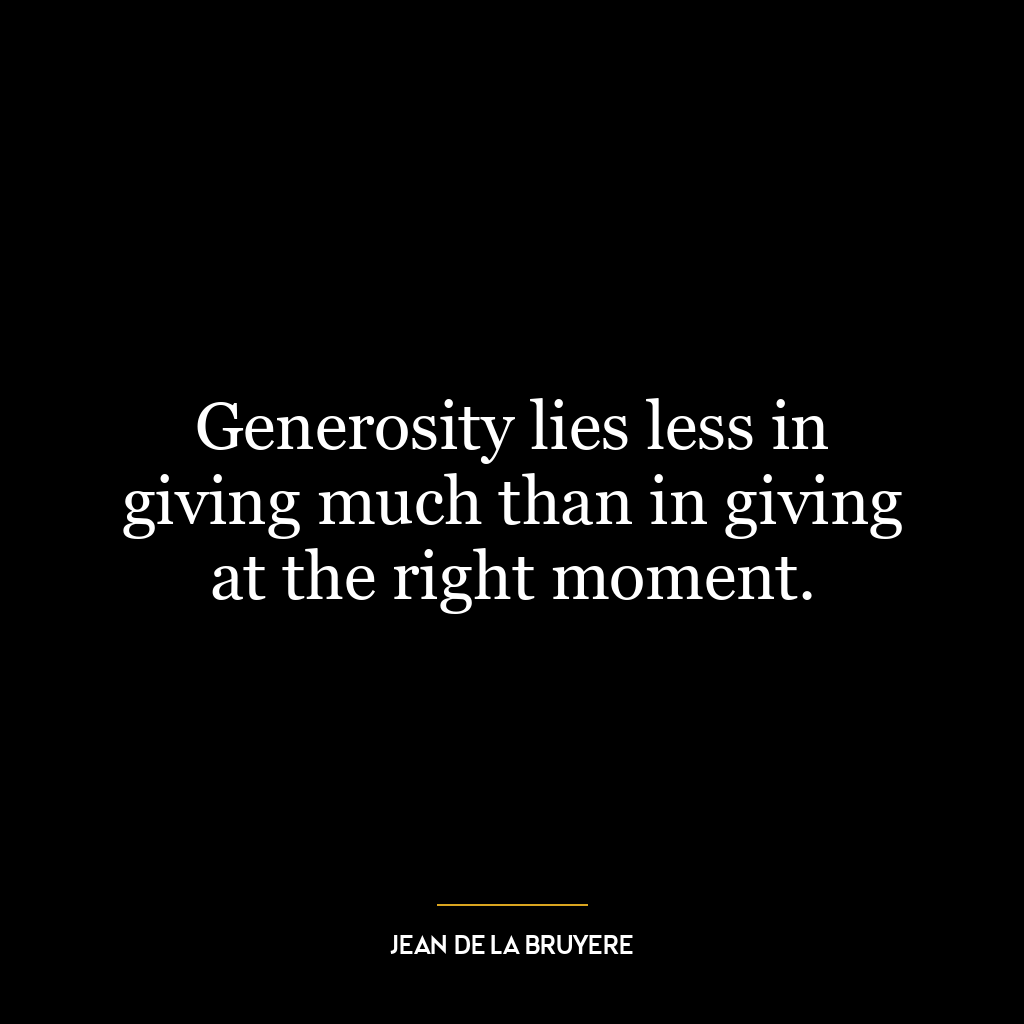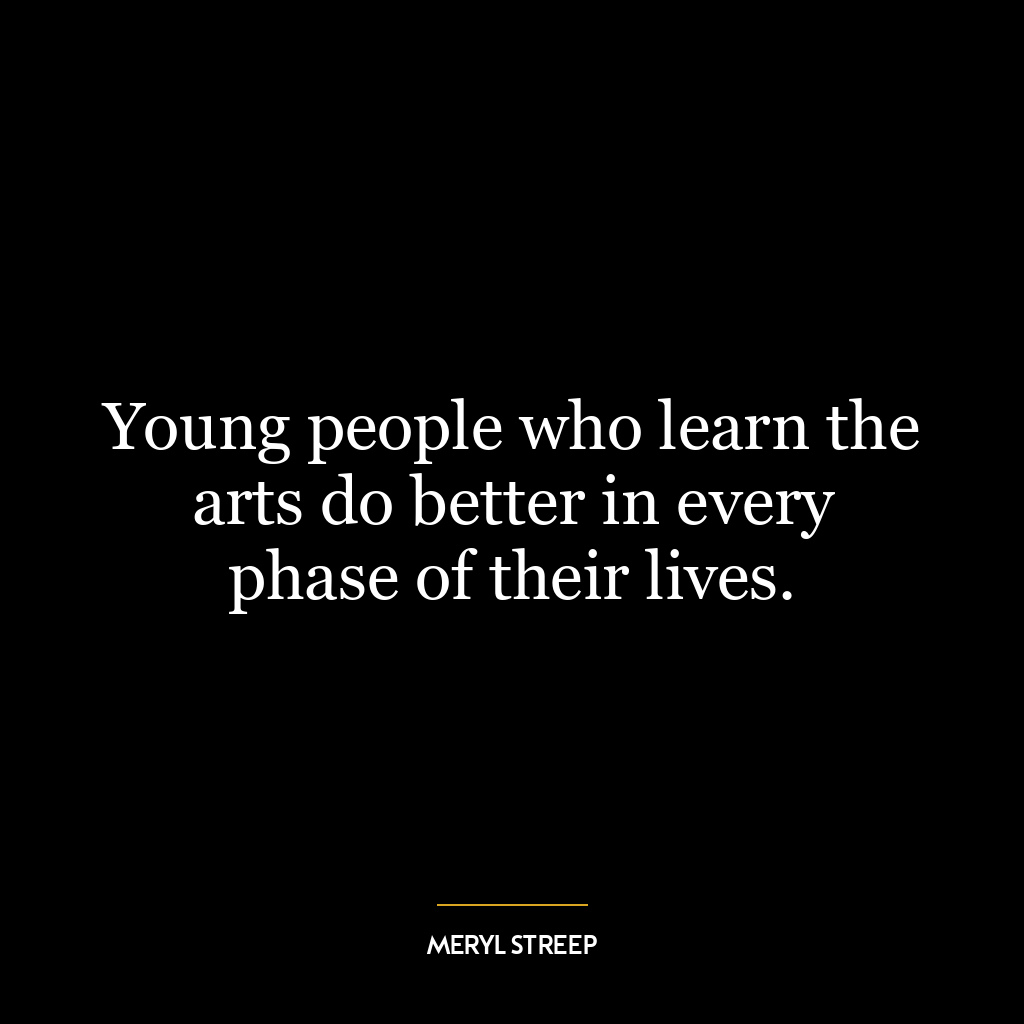A great man’s greatest good luck is to die at the right time.
This quote, “A great man’s greatest good luck is to die at the right time,” is essentially saying that timing is everything, even in death. It implies that a person’s legacy is often shaped by the circumstances of their death. If a great person dies at a time when their ideas or actions are most impactful or relevant, their legacy is likely to be more influential and enduring. Conversely, if they die at a time when their contributions are overlooked or undervalued, their work may not receive the recognition it deserves.
In terms of personal development, this quote can be interpreted to mean that it’s not just about what we do in life, but also about when we do it. We should strive to make our most significant contributions at a time when they will have the greatest impact. This requires not only hard work and talent, but also a keen sense of timing and an understanding of the broader context in which we operate.
In today’s world, this idea can be seen in the way we remember and honor public figures. For example, a leader who passes away during a time of crisis may be remembered as a stabilizing force, even if their policies were controversial during their lifetime. Similarly, an artist who dies at the peak of their creative output may be celebrated as a genius, while one who lives long past their prime might be seen as having overstayed their welcome.
The quote also speaks to the unpredictability of life and death. We don’t get to choose when we die, but the timing of our death can significantly affect how we’re remembered. It’s a reminder that we should strive to make every moment count, because we never know which moment might be our last.



